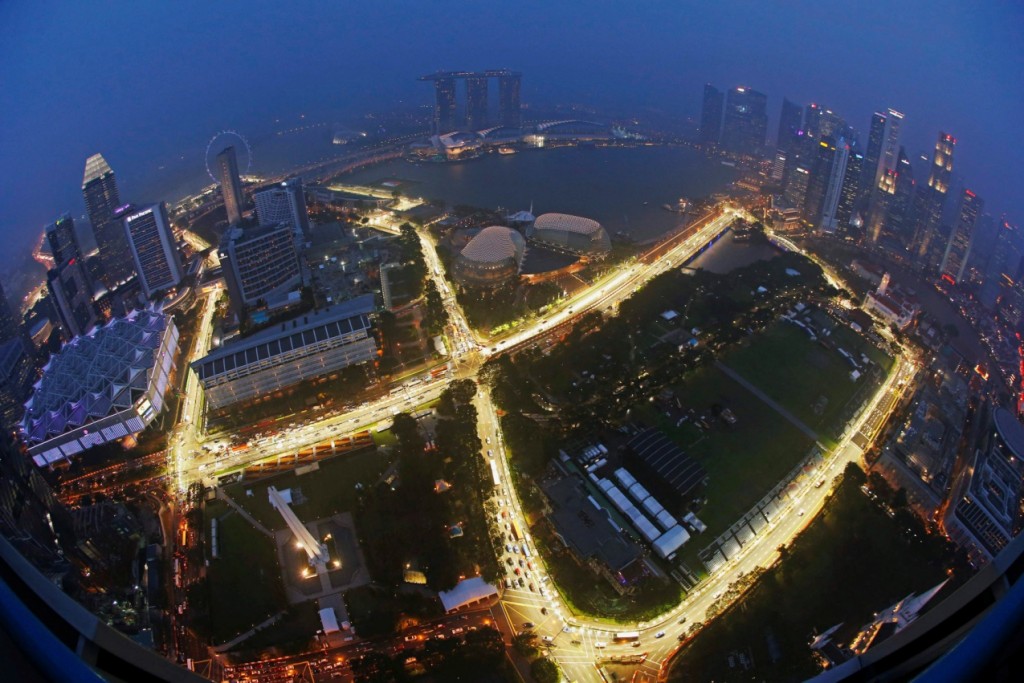The globalisation of Formula 1: A new world

The globalisation of Formula 1 is a topic never short of debate and conflicting opinions.
As the dust settles in Sochi following Lewis Hamilton’s victory at the Russian Grand Prix, F1 fans now turn their attention to the Austin Grand Prix in Texas, another circuit that has only appeared in the calendar during the last decade.
Many from the Formula old-school believe that the sport is losing its soul by expanding and moving away from the traditional European circuits, whereas others believe investment in areas such as Asia is a necessary step in modernising the world of motorsport.
Can Abu Dhabi capture the magic of the Monaco Grand Prix?
Can Kuala Lumpar host an event as enthralling as the Belgian Grand Prix?
Is Baku a “worthy” host-city for the greatest F1 drivers in the world?
These are all questions frequently contested by those deliberating the globalisation of formula 1.
Moving away from the past
Europe’s most iconic racing landmarks, Monte Carlo, Hockenheim, Silverstone, Monza, Spa and Imola, are names that are sewn into the very fabric of motorsport.
However, this is not to say that this cannot change. Indeed the globalisation of formula 1 is well underway.
Nowadays, circuits in Austin, Malaysia, Bahrain, Abu Dhabi, Singapore and many others are beginning to gain a reputation for providing exciting races with breathtaking backdrops.
Those lucky enough to visit the new circuits are able to see the levels of investment in modern grandstands, excellent hospitality and a real passion for motorsport demonstrated by the local communities.
The new Grand Prix circuits not only give an opportunity for those living outside of Europe to experience the thrill of a Ferrari racing past only metres away: they facilitate a new level of sports tourism for F1 enthusiasts.
Nowadays, it is possible to fly across the world, experience a different culture, see a world-class Grand Prix race – all within the space of one weekend.
Development is key
The current financial market is one that demands expansion and rethinking of traditional values from any business, and sport should be no stranger to this.
Formula 1 cannot rest on the laurels of previous success – it must seek new opportunities, new audiences and, subsequently, new homes.
The presence of Vladimir Putin at Sochi only went to underline that countries like Russia, with whom motorsport has never been seriously associated, are very serious and eager to welcome the Formula 1 community.
If we look at the example of football and rugby, these are sports that have spread across the globe over the past decades and now host successful events in every corner of the world. Formula 1 should not be exempt from this.
The globalisation of Formula 1

History and tradition is not acquired overnight, nor can it be purchased with the construction of a new circuit; however, the new host cities need to be given time to demonstrate that the demand for F1 is not just centred in Europe but is a global phenomenon.
If you are interested in attending any Grand Prix from Barcelona to Bahrain, or any other sports tour contact BAC Sport today and speak to one of our sales team.


